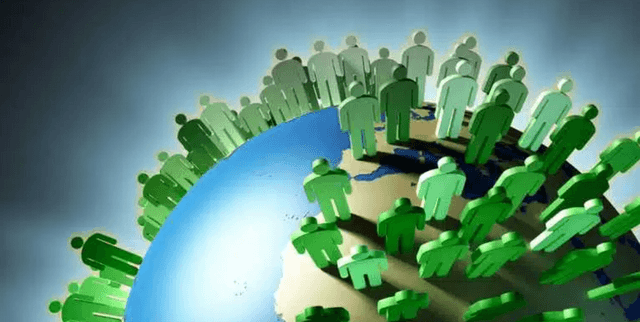Historical Country Population Data
Data Science and Analytics
Tags and Keywords
Trusted By




"No reviews yet"
Free
About
This dataset offers an insightful overview of population statistics for countries across the globe. Population figures serve as a critical indicator of a nation's economic and societal scale and its trajectory of development. These numbers significantly influence a range of economic, social, and political factors, including the availability of resources, prevailing demographic trends, and political representation. Accurate and up-to-date population data are essential for effective policy planning and sound decision-making. The dataset allows researchers, policymakers, and the general public to gain understanding into the size and development of various populations, compare relative population levels worldwide, monitor changes in population size and demographic trends over time, and evaluate the efficacy of policies and strategies aimed at managing population growth and fostering sustainable development for all.
Columns
country_code: A unique three-letter code used to identify each country. This column contains 265 distinct values.country_name: The full name of the country. This column also holds 265 unique country names.year: The specific year for which the population data is recorded. The data spans from 1960 to 2021.value: Represents the total population count for a given country in the specified year. Values range from approximately 2.65k to 7.89 billion.
Distribution
The dataset is supplied in a CSV file format, named
population_by_country.csv, with a total size of 554.02 kB. It consists of 16.4k records, with all four columns containing valid and complete data for each entry.Usage
This dataset is ideally suited for:
- Researchers: To analyse global population trends, demographic shifts, and their broader implications.
- Policymakers: To inform strategic planning, resource allocation, and policy development at national and international levels.
- General Public: For educational purposes, personal research, and to gain an understanding of global population dynamics.
- Forecasting: To project future population numbers for countries worldwide.
- Comparative Analysis: To compare population levels and growth rates across different nations.
- Monitoring: To track changes in population size and demographic patterns over time.
- Evaluation: To assess the effectiveness of policies designed to manage population growth and promote sustainable development.
Coverage
The dataset encompasses all countries around the world. The time range for the included data extends from 1960 to 2021, providing a substantial historical perspective on population dynamics.
License
Attribution 4.0 International (CC BY 4.0)
Who Can Use It
- Researchers: For in-depth studies on population trends, demography, and socio-economic indicators.
- Policymakers and Government Officials: To support evidence-based decision-making in areas such as urban planning, public health, and economic development.
- Economists and Statisticians: To model economic growth, labour force dynamics, and resource consumption.
- Educators and Students: As a valuable resource for teaching and learning about global demographics and societal changes.
- International Organisations: For monitoring global development goals and assessing humanitarian needs.
Dataset Name Suggestions
- Global Country Population Statistics (1960-2021)
- Worldwide Population Dynamics by Country
- National Population Figures
- Historical Country Population Data
- Population Data for All Nations
Attributes
Original Data Source: Historical Country Population Data
Loading...
